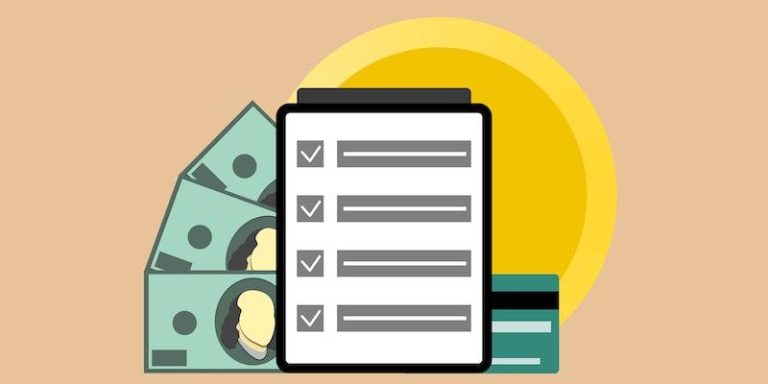If you need to get a loan or you want to open a credit card account, one of the things that determines your success is your credit score. Banks and financial institutions use credit scores to gauge your financial health and how responsible you are with managing your money.
When your credit score is lower than you’d like it to be, fixing it may be high on your financial to-do list. Fortunately, it’s possible to see a real improvement in your score in as little as three months by putting these simple tips to work.
Month #1: Check your credit report and score
Regular credit checks should be a part of your financial routine but if they’re not, now’s the time to get into the habit. Your credit report includes information about your credit accounts, which is used to calculate your credit scores.
Credit Sesame offers a free credit score and credit dashboard that can help with improving your credit. The dashboard breaks down the factors that are helping your score, as well as those that might be holding it back.
As you check your report, look at the most important things that affect your score: payment history, credit usage, credit age, types of credit used and inquiries for new credit. Also, be on the lookout for any errors or inaccuracies. Take steps to dispute any errors if you find them. Getting an error corrected or removed from your report altogether could give your score a quick bump.
Month #2: Pick one card to pay down
Paying your bills on time is the most important thing you can do to improve your credit score, but it takes time to establish a positive payment history. Picking one credit card and aggressively paying down the balance can help grow your score faster.
If you’re stuck on which card to choose, consider going with the one whose balance is closest to your credit limit. After payment history, credit utilization has the next biggest impact on your score. Getting your credit utilization under the 30% mark can make a difference in your score from one month to the next; getting it under the 10% mark is even better.
Month #3: Pay off medical collections
Collection accounts can be very damaging to your score and they can stay on your credit report for up to seven years. Medical collections, however, don’t affect your credit score under new scoring models if they’ve been paid off. If you have some unpaid medical debts on your credit, paying them in full or settling them could take them out of the credit scoring equation, which could work in your favor.
Remember to monitor your progress
The more time you have to put into improving your credit score the better, but it’s possible to see positive change in as little as 90 days. As you dig in and get to work, consider signing up for free credit monitoring services so you can track how much your score is improving from month to month.




Comments are closed.